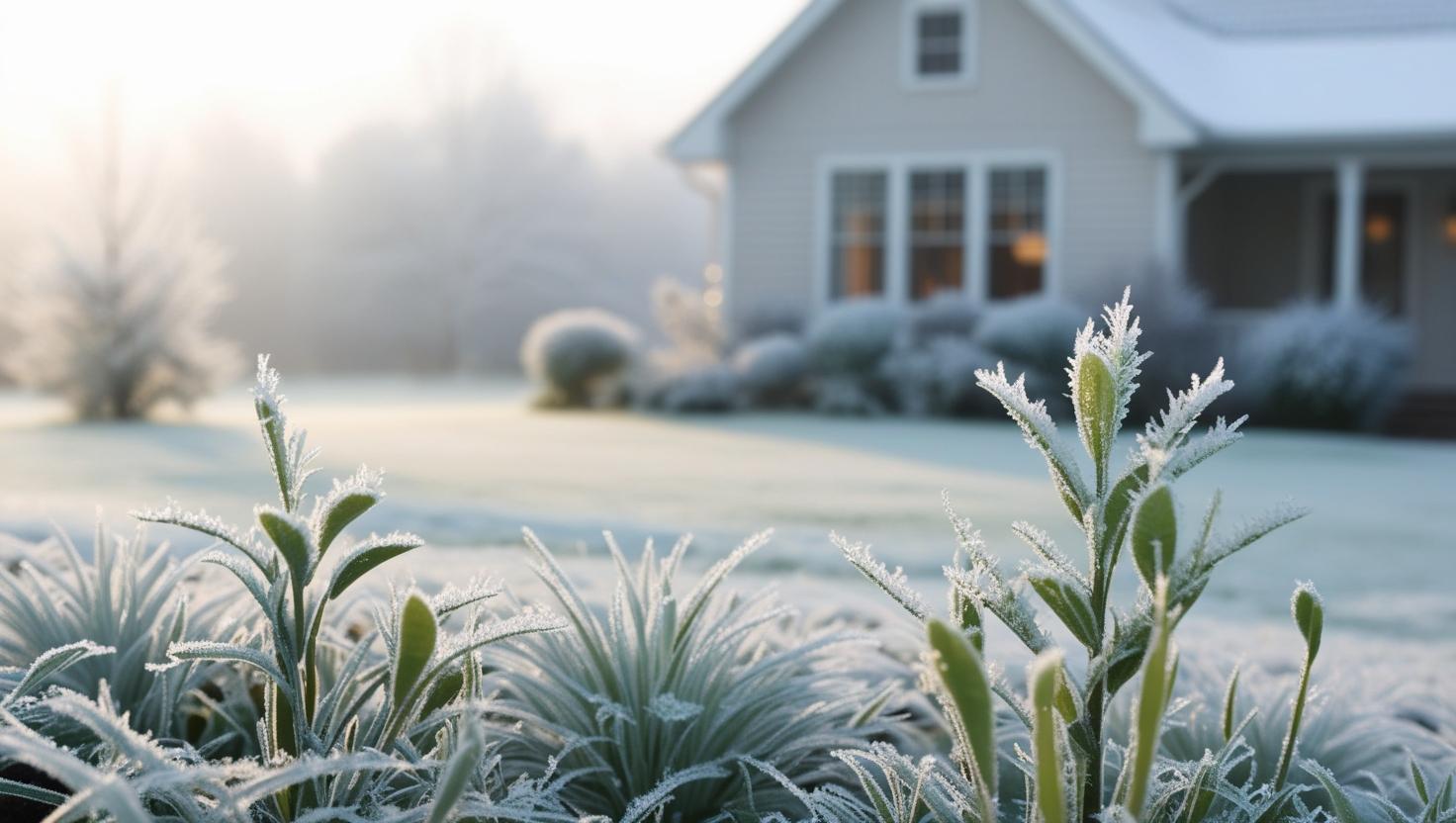Spring may bring thoughts of blooming flowers and warmer days, but sudden cold snaps during this season are not uncommon, especially in areas like New Jersey and Pennsylvania. When temperatures unexpectedly dip below freezing, the water in your pipes can freeze, expand, and potentially cause them to burst. This can lead to significant water damage and costly repairs. By understanding how spring cold fronts affect your plumbing and taking proactive measures, you can safeguard your home and avoid unnecessary expenses.
Why Do Pipes Freeze During Spring Cold Fronts?
During the winter months, many homeowners are vigilant about protecting their plumbing from freezing temperatures. However, once spring arrives, it’s easy to become complacent. The problem is that spring cold snaps can be just as damaging—if not more so—because homes are often less prepared. When temperatures unexpectedly fall below 32°F, any exposed or poorly insulated pipes are vulnerable to freezing. This is particularly true for:
Outdoor hose bibs (spigots) that may still have water inside from recent use.
Basement or crawl space pipes, which are often poorly insulated.
Plumbing along exterior walls, where cold air can penetrate more easily.
Irrigation systems that may have been turned back on early in the season.
When water freezes, it expands, creating pressure within the pipes. If the pressure becomes too great, the pipe can rupture. Even a small crack can release hundreds of gallons of water, resulting in flooding, mold growth, and costly repairs.
How to Prevent Frozen Pipes During Spring Cold Snaps
Protecting your plumbing during a sudden freeze requires a combination of preparation and quick action. Here are several practical steps you can take to prevent pipe damage:
Disconnect and Drain Outdoor Hoses:
As soon as you hear a freeze is in the forecast, disconnect any garden hoses from your outdoor hose bibs. Water left inside the hose or bib can freeze and create pressure inside the pipe. Once disconnected, turn off the outdoor spigot and drain any remaining water by opening the valve. For added protection, cover the spigot with an insulated faucet cover, which is inexpensive and effective at preventing heat loss.Insulate Exposed Pipes:
If you have plumbing in unheated areas, such as basements, attics, or crawl spaces, consider adding pipe insulation. Foam pipe sleeves or self-sealing pipe wrap tape can help retain heat and reduce the risk of freezing. For outdoor faucets, an insulated cover or thermal blanket adds an extra layer of protection.Let Faucets Drip Overnight:
When temperatures drop below freezing, allow faucets connected to vulnerable pipes to drip slightly. A slow, steady trickle of water relieves pressure in the system and makes it less likely for the pipe to burst if it does freeze. Even a small trickle can prevent costly damage.Keep Interior Temperatures Consistent:
If you’re planning to be away from home during a spring cold snap, keep your thermostat set to at least 55°F. Consistent indoor temperatures help prevent pipes along exterior walls from freezing. Open cabinet doors under sinks to allow warm air to circulate around the pipes.Seal Air Leaks:
Drafts around windows, doors, and foundation vents can allow cold air to reach your pipes. Use caulk or weatherstripping to seal any gaps. This will not only help prevent frozen pipes but also improve your home’s overall energy efficiency.
What to Do If Your Pipes Freeze
If you turn on a faucet and no water comes out, it may indicate that the pipe is frozen. First, turn off the water supply to prevent potential flooding if the pipe bursts. Then, attempt to thaw the pipe using a hair dryer, heating pad, or towels soaked in hot water. Avoid using an open flame, such as a blowtorch, as this can cause fire hazards and damage the pipe.
If you cannot locate or safely thaw the frozen pipe, it’s best to call a professional plumber. At Applause Plumbing and Heating, we have the tools and expertise to safely thaw frozen pipes and repair any damage.
Why Spring Freezes Can Be More Costly Than Winter Freezes
Spring pipe bursts can be especially damaging because many homeowners assume the risk of freezing has passed. This false sense of security can lead to delayed winterizing steps, such as failing to shut off exterior faucets or remove insulation. When temperatures unexpectedly drop, unprotected pipes are more likely to freeze and burst. Additionally, because many people are focused on spring cleaning or outdoor projects, they may not notice a small leak right away, allowing water damage to worsen.
Protect Your Home with Applause Plumbing and Heating
If you’re dealing with frozen pipes or want to proactively protect your home from unexpected spring freezes, Applause Plumbing and Heating is here to help. We proudly serve Easton, Bethlehem, Nazareth, Wind Gap, Phillipsburg, Stewartsville, Hunterdon County, Warren County, and the surrounding areas. Whether you need emergency pipe repairs or expert winterization tips, our team is ready to keep your home safe and dry.
For reliable plumbing services and expert advice, contact Applause Plumbing and Heating today. Don’t let a surprise cold snap leave you with costly repairs—protect your plumbing before the temperatures drop.


